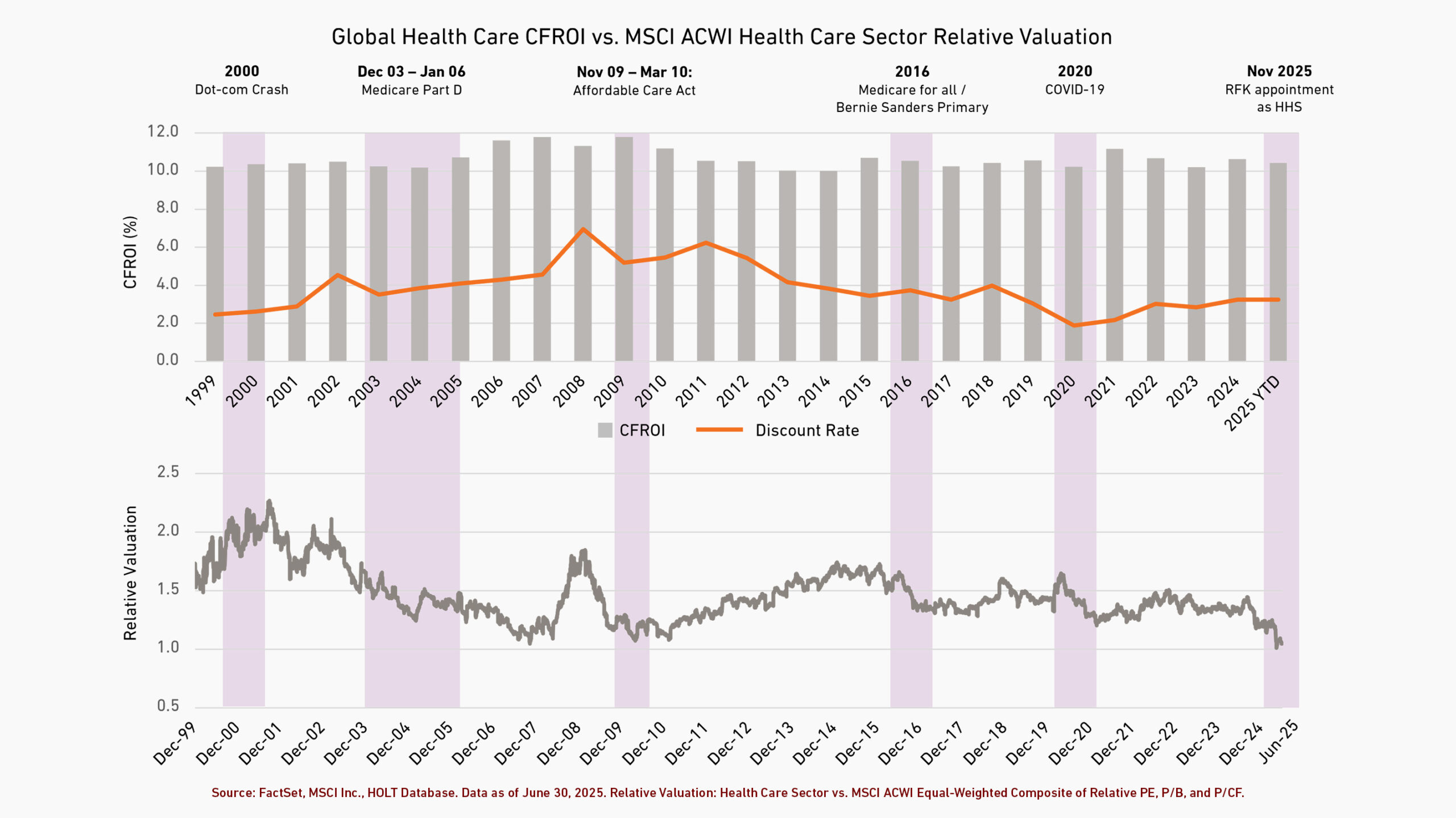The Health Care sector has endured a turbulent five years. The global outbreak of the COVID-19 virus upended health-care systems and spending. Just as conditions began to normalize, more shocks arrived: a rapid rise in interest rates beginning in 2022 throttled funding for early-stage drug development. More recently, US policy uncertainty and proposed budget cuts have further constrained investment.
Despite these headwinds, the long-term sources of demand in Health Care remain intact: people are growing older, wealthier, and increasingly investing in their health. Health Care doesn’t just mean pharmaceuticals, though. Among small caps, often the best way to take advantage of the sector’s long-term growth is through the stocks of niche equipment and supplies companies—such as those that provide tools for surgeries and diagnostic testing—rather than pharma businesses. Unlike large drugmakers, smaller ones tend not to have a sustainable source of cash flow yet. That makes them especially vulnerable in a capital-constrained environment, whereas small equipment and supplies companies do tend to have cash-flow-generating products and established customer bases and are often global leaders in their niches.
A trade-off when investing in small-cap Health Care equipment and supplies companies is that customers’ orders can be cyclical because they are dependent on hospital and lab budgets, which fluctuate with interest-rate cycles and competing needs. However, high recurring revenues from a large set of repeat customers—an attribute shared by many of the high-quality companies in this industry group—can help them weather those cycles. For example, Japan-based Sysmex, whose diagnostic analyzers and reagents are used by labs around the world, has 78% recurring sales.
That resilience isn’t reflected in valuations lately, which look increasingly attractive relative to the long-term growth opportunity. ∎




